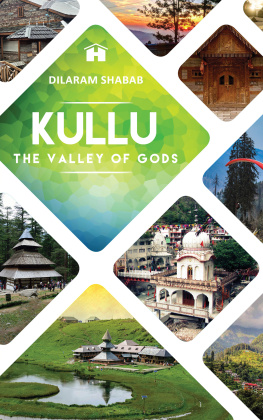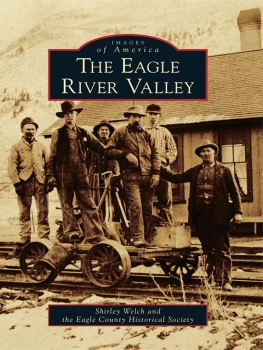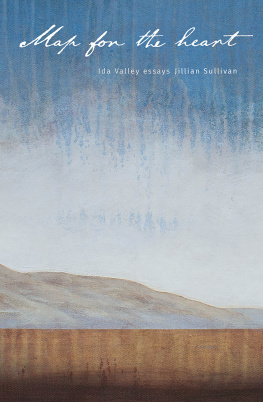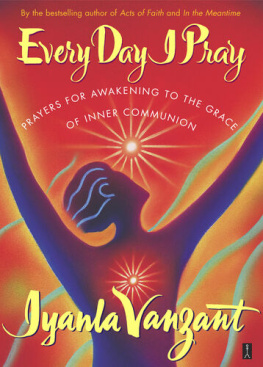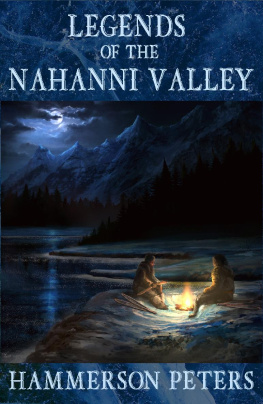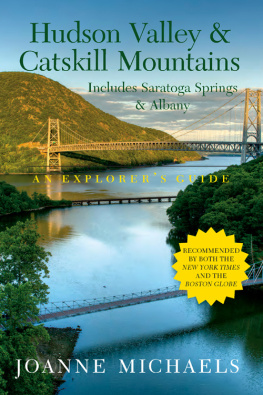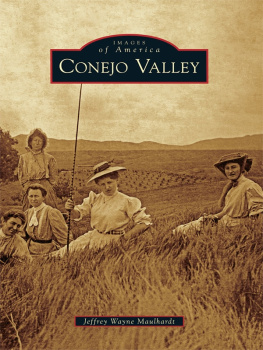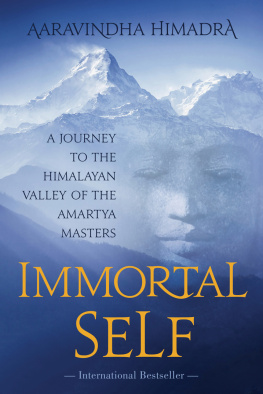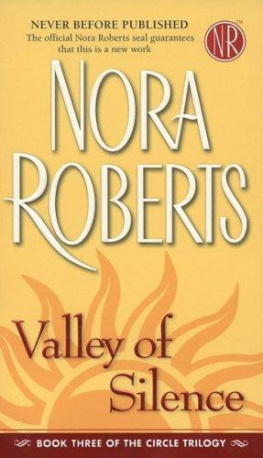
Hay House Publishers (India) Pvt. Ltd.
Muskaan Complex, Plot No.3, B-2 Vasant Kunj, New Delhi-110 070, India
Hay House Inc., PO Box 5100, Carlsbad, CA 92018-5100, USA
Hay House UK, Ltd., Astley House, 33 Notting Hill Gate, London W11 3JQ, UK
Hay House Australia Pty Ltd., 18/36 Ralph St., Alexandria NSW 2015, Australia
Hay House SA (Pty) Ltd., PO Box 990, Witkoppen 2068, South Africa
Raincoast, 9050 Shaughnessy St., Vancouver, BC V6P 6E5, Canada
Email:
www.hayhouse.co.in
Copyright 2019 Dilaram Shabab
The views and opinions expressed in this book are the author's own and the facts are as reported by him. They have been verified to the extent possible, and the publishers are not in any way liable for the same.
All rights reserved. No part of this publication may be reproduced, by any mechanical, photographic, or electronic process, or in the form of a phonographic recording, nor may it be stored in a retrieval system, transmitted, or otherwise be copied for public or private use other than for fair use as brief quotations embodied in articles and reviews without prior written permission of the publisher.
Cover pictures Sonali Verma, FreePik, Creative Commons
ISBN 978-93-86832-91-7
ISBN 978-93-86832-92-4 (e-book)
Printed and bound at
Rajkamal Electric Press, Kundli, Sonipat, Haryana (India)
Dedicated to
The gods and goddesses
of Kullu
with a prayer brighter
be the light that guides
the destiny of mankind
CONTENTS
Part I
PICKING UP THE PIECES
Chapter 1
The Heavenly Abode of the Divine
Chapter 2
The Advent of a Dynasty
Chapter 3
Flavour of the British Raj
Chapter 4
Winds of Change
Part II
IMAGES OF THE BLESSED COUNTRY
Chapter 1
Sights and Sounds of the Village Gods
Chapter 2
TemplesMonuments of Faith
Chapter 3
Fairs and Festivals
Chapter 4
Traditional Arts and Crafts
Part III
RETRACING THE FOOTPRINTS OF THE DIVINE
Chapter 1
Shringi RishiThe Chief Deity
Chapter 2
Bahu JoginisAn Embodiment of Divine Light
Chapter 3
Silvery Heights of the HimalayasShrikhand Mahadev Trek
Chapter 4
Bijli Mahadev Temple
Chapter 5
The Contours of Raktisar
Part IV
AREAS OF ATTRACTION
Chapter 1
Forts and Castles
Chapter 2
VipashaLiberator from the Bondage
Chapter 3
MalanaA Solitary Village
Chapter 4
Atal Bihari Vajpayee Institute of Mountaineering and Allied Sports (ABVIMAS)
Chapter 5
The Great Himalayan National Park
Part V
IN THE CORRIDORS OF HIMALAYAN SPLENDOUR
Chapter 1
The Rohtang Pass
Chapter 2
The Tirthan Valley
Chapter 3
The Slopes of Kullu
Chapter 4
Chanderkhani PassParadise on Earth
Chapter 5
The Hot Water Springs of Manikaran and Kheerganga
Chapter 6
The Lure of Jalori Pass
Part VI
A PROFILE IN CONTRAST
Chapter 1
Farm Sector and Apple Boom
Chapter 2
Trout Country
Chapter 3
Ecotourism
Chapter 4
Last Days of the Roerichs
Chapter 5
The Changing Face of Manali
Chapter 6
Fairyland at Crossroads
I NEVER THOUGHT THAT I SHALL HAVE TO WRITE ANOTHER book on Kullu. My first book, Kullu: Himalayan Abode of the Divine, was well-received not only in India, but globally, too. I did not expect that the book would reach London University and catch the curiosity of Professor Colin Rosser, a well-known anthropologist. He had spent more than two years in the early fifties in the village of Malana (Parvati Valley) conducting research on Jamadagni Rishi (Jamlu Devta) and the system adopted by the locals. On his return to England in late 1953, he wrote a dissertation on Malana.
Dr Rosser was quite interested in reading the book, and, in a letter, he asked me to write a second book on Kullu that may cover a wider range of topics such as the social and political issues of both the past and present.
Likewise, my friend and guide, Dr O.C. Handa, an outstanding Scholar on the Western Himalayas and former fellow of the Indian Institute of Advanced Studies (IIAS), Shimla and editor of the History of Indian Science and Technology (HIST), had made a similar suggestion to me. After a slow start, I picked up the substance and, gradually, all the pieces fell into place.
Winston Churchill, former British prime minister, once said, Writing a book is an adventure: it begins with amusement, then it becomes a mistress, then a master, and, finally, a tyrant. The same was true in my case. I found the chapters Retracing the Footprints of the Divine and In the Corridors of Himalayan Splendour psychologically most challenging. These chapters formed the core area of my study, and they consumed a lot of my physical and mental strength. Nevertheless, it was rewarding to discover the varied experiences spread across the mountain ranges and deep river valleys where the divine saints and sages had found peace and solace.
As the reader goes through the pages of this book, she/he will begin a journey that takes her/him to the fascinating world of village gods and goddesses, Himalayan architecture, luxuriant forests, fauna and flora, exotic handicrafts, colourful fairs and festivals, scintillating music, folk dance, and much more.
BLESSED BY THE VILLAGE GODS AND TREASURED BY sacred shrines and ancient wooden temples, Kullu is rich in history, heritage, natural beauty, and native character.
Popularly known as The Valley of Gods, Kullu is a unique blend of faith and Indo-Aryan culture. For centuries, it has enamoured sages and prophets, merchants and missionaries, and adventurers and travellers in search of enlightenment, peace of mind, and study of the soul.
Centres of spiritual learning and philosophy of life established here by a galaxy of the greatest Rishis (sages) of the Vedic times such as Vyasa, Vashisht, Vishwamitra, Manu, and others, are intimately associated with the ancient civilisation of Kullu.
In recent times, among the genius of the highest order, Nicholas Roerich, an apostle of beauty, a messenger of culture, mighty warrior of the spirit, and the master of the Himalayas, had made Kullu Valley his home and the last resting place.
Kullu Valleys hill resorts have been described as unspoilt and undisturbed. Misty mountains, deep hidden valleys, and miles of apple plantations are the products of natures marvel. The headwaters of the high peaks are the places of veneration and sanctity from the time immemorial. For the new generation, these landmarks have become a symbol of better world to explore and celebrate.
The valley is deeply ingrained in traditions and rituals. Soul-stirring music, folk songs, and fairs and festivals mark the vibrant lifestyle of the people. The famous Kullu Dussehra connects the past with the present.
In deep recesses of the countryside, where Kullu lives in the villages, the folk art is weaved in Kullu shawls that are adorned in exquisite patterns and designs. The indigenous art of metal works such as devta masks and statues, musical instruments, and silver and gold ornaments are the finest specimens of the folk art.
An earnest effort has been made to make this book interesting, blended with nostalgic aroma of the past and the present-day socio-economic transformations. Undoubtedly, Kullu is the place where the ancient, medieval, and modern meet.
Nicholas Roerich was a Russian painter, writer, archaeologist, theosophist, perceived by some in Russia as an enlightener, philosopher, and public figure, who in his youth was influenced by a movement in Russian society around the spiritual.
Next page
